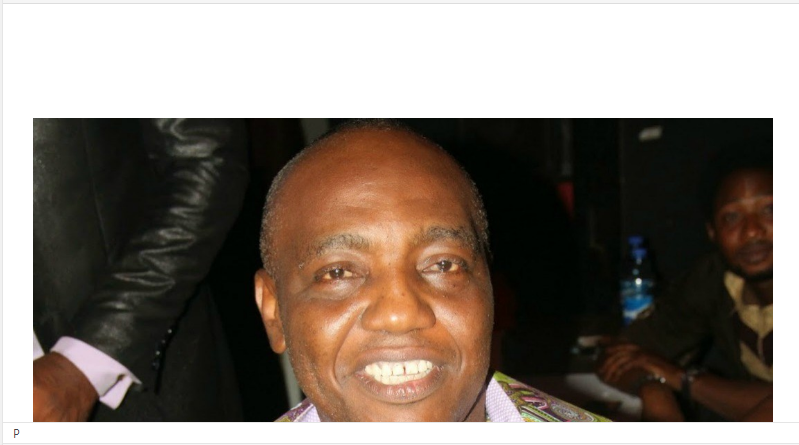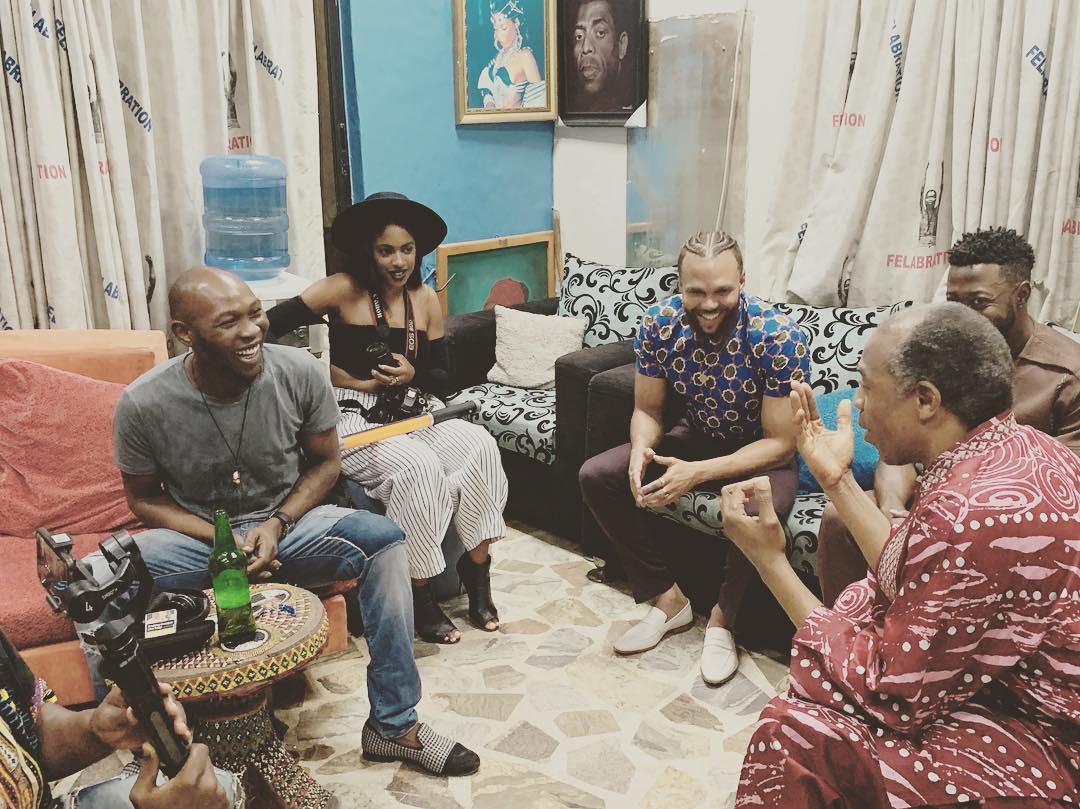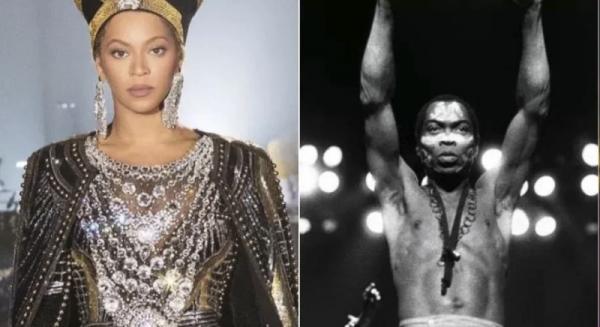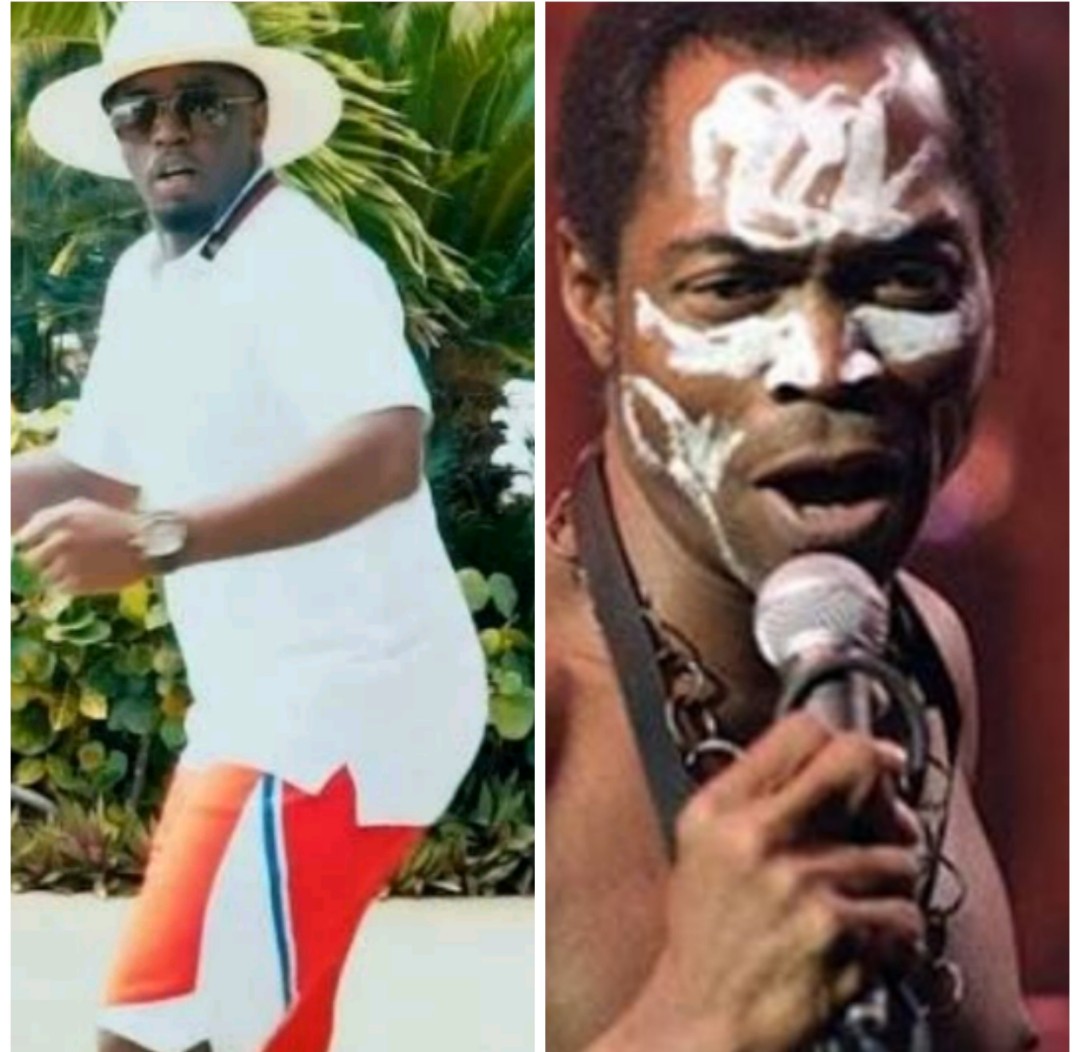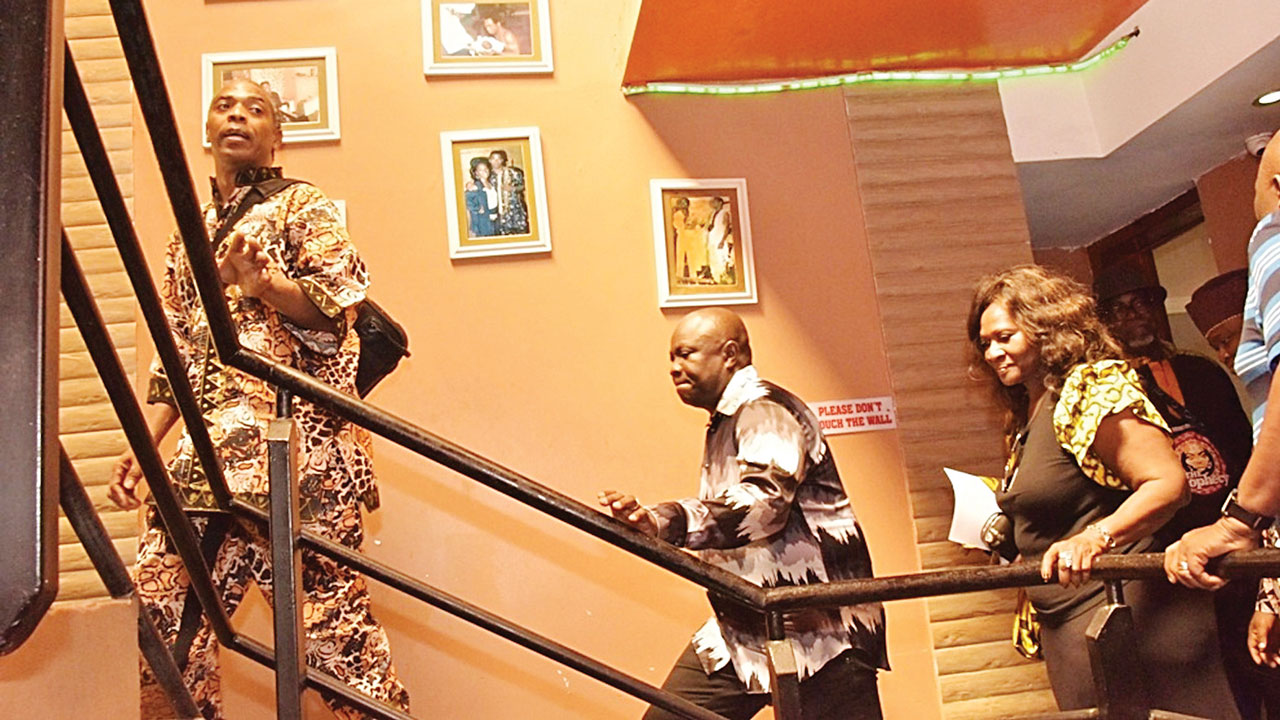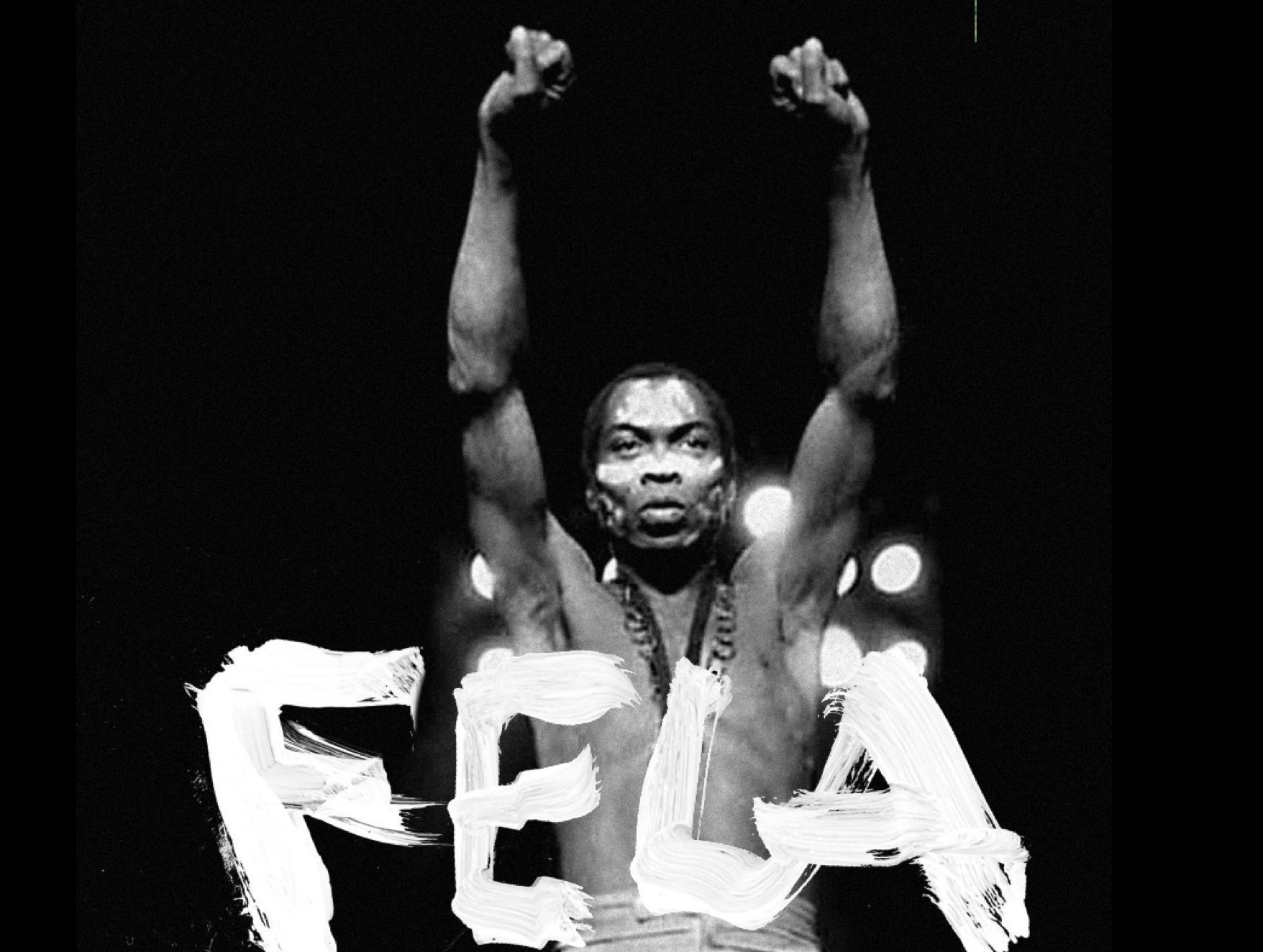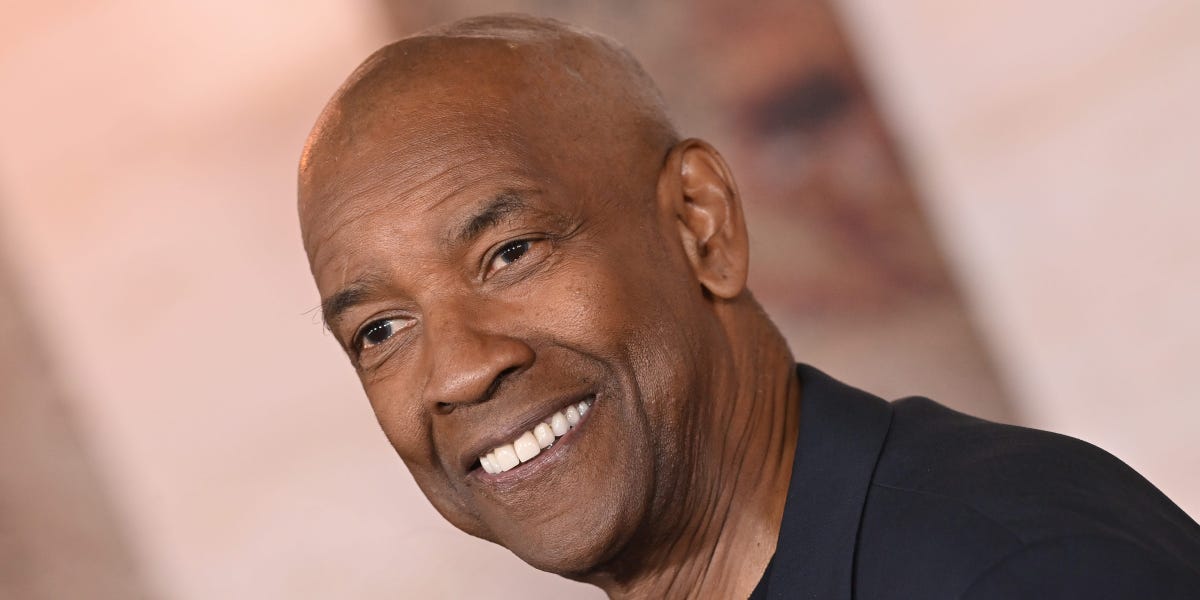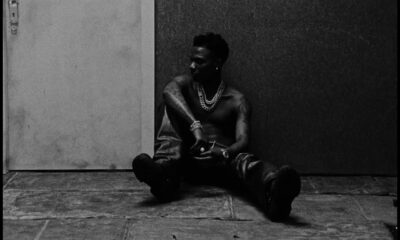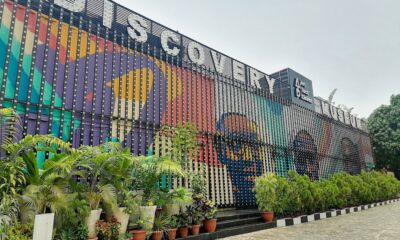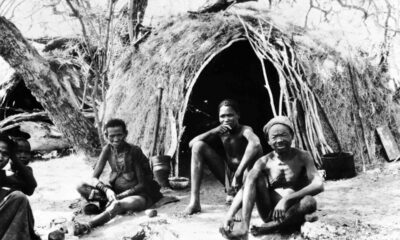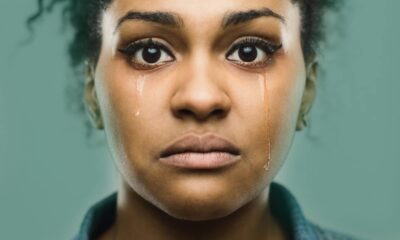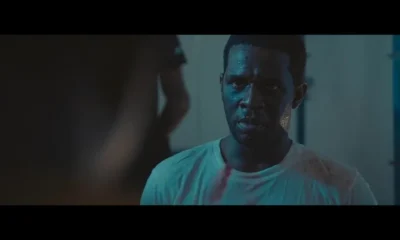Yeni Kuti, first daughter of the late legendary Afrobeat musician, Fela Anikulapo Kuti, says no fewer than 250,000 guests will grace this year’s 2017 Felabration festival.
Yeni said at a press briefing on Wednesday at the Kalakuta Museum in Lagos that the guests were expected from all over the world.
The briefing took place on a day that marked the 20th anniversary of the death of the late Afro-beat maestro on August 2, 1997.


Felabration is an annual music festival conceived in 1998 by Yeni in memory and celebration of her father.
It incorporates musical performances, Fela Debates, Symposium, Secondary Schools Debate and the Felabration Carnival.
“All is now set for the 2017 edition of Felabration, the annual festival to commemorate the life of activist and Afrobeat founder, Fela Kuti.

“Presently, we are expecting no less than 250,000 guests all over the world,” she said.
Yeni said that the festival proper would run for one week, beginning from Monday, October 9 till Sunday, October 15, which is Fela’s birthday.
Guests who will be featured include: Fela’s dance queens, Stevie Wonder, Wyclef, Alicia Keys, Sauti Sol(kenya), Kaffy and a host of other Nigerian artistes.
According to her, Fela turned some social, economic and political ills which affected Nigeria and Africa into chart-busting songs, which many listeners deemed prophetic.
She said that already, an art and painting competition was flagged off on April 1 and participants had until June 30, 2017 to submit their works.
According to her, the works will be evaluated by members of the Felabration Organising Committee (FOC) to pick the top three winners who will be announced before July 31.
The Head, Organising Committee of the event, Mr. Theo Lawson, said this year marks the 20th anniversary of Fela’s death in 1997, and the central theme around the celebration is ‘The Prophesy’.
Lawson said the theme song would be “Pansa Pansa”, the title of one of Fela’s songs which literally means ‘you ain’t heard nothing yet’.
He stated that the winning works would be exhibited on the Felabration website, www.felabration.net, New Afrika Shrine and Kalakuta Museum.
According to him, a new addition to the celebration, different from that of the previous years, is a tour package to walk tourists through major landmarks in Fela’s life.
“The tour will take tourists from Abeokuta, the birth/childhood place of Fela to Lagos where he lived and died.
“Tourists will also visit the house he was born in, his childhood neighbourhood and the schools he attended while growing up.
“They will also visit his first home in Lagos, his first ever club of performance, Afro-Spot, Old Shrine, site of old and first Kalakuta Republic, among other places of interest.
“Most of the musical performances from various artistes will still take place at the New Afrika Shrine in Ikeja, Lagos, Freedom Park on Broad Street, Lagos Island will also play a big role in the musical aspects of Felabration,” he said.
Fela was a Nigerian multi-instrumentalist, composer, pioneer of the Afro-beat music genre, human rights activist, Pan-Africanist, polygamist, mystic, legend and political maverick.
He was born on October 13, 1938, in Abeokuta into an upper-middle class family.
His mother, Funmilayo Ransome-Kuti, was a woman activist and his father, the Rev. Isreal Oludotun Ransome-Kuti, was an Anglican minister and school principal.
Fela was a cousin of Nobel laureate Wole Soyinka.
He attended Abeokuta Grammar School and later went to London in 1958 to study medicine but instead studied music at Trinity College of Music.
Fela played musical instruments, such as saxophone, keyboard, trumpet, guitar and drum.
He married his first wife, Remilekun Taylor in 1960 and in 1963, he moved back to Nigeria, re-formed Koola Lobitos and trained as a radio producer for the Nigerian Broadcasting Corporation.
Because of his social activism, he ran into trouble on many occasions with the military regimes in Nigeria in the 1970s and 1980s and was jailed.
Fela’s elder brother, Prof. Olikoye Ransome-Kuti, a former Minister of Health, announced his death from complications related to HIV and AIDS on Aug. 2, 1997.






